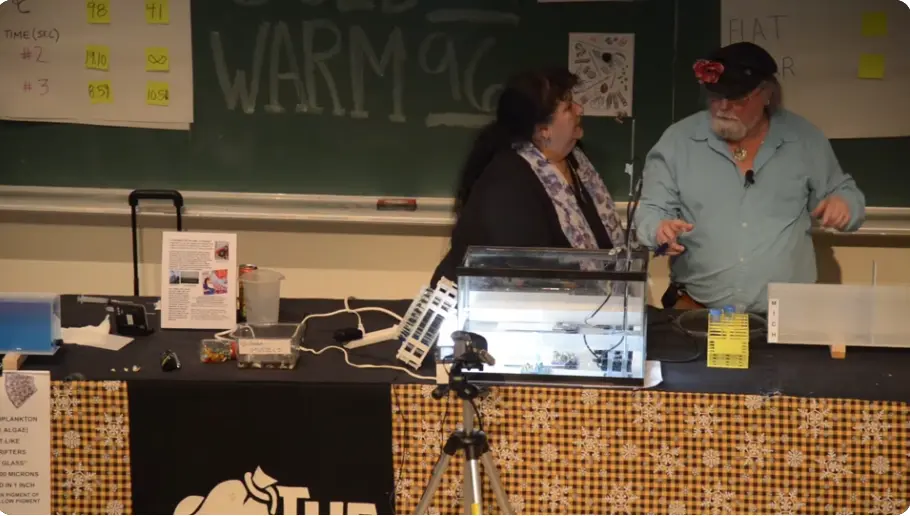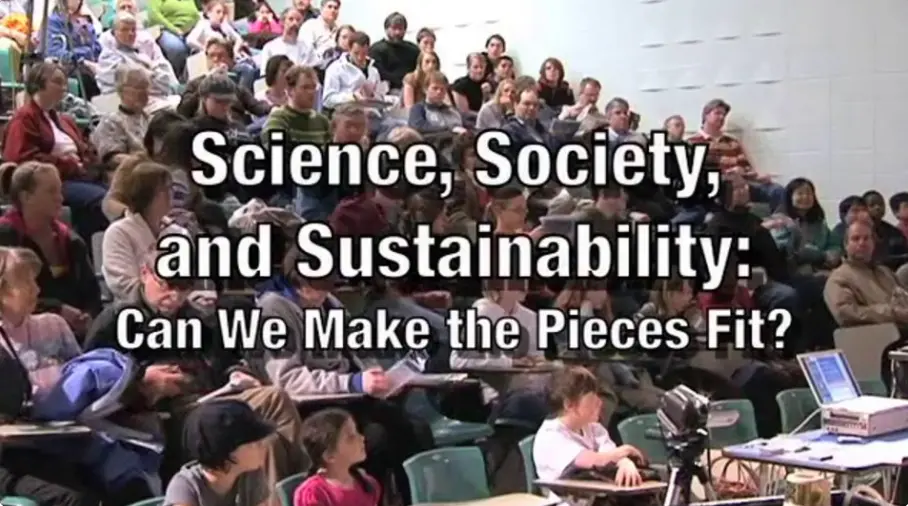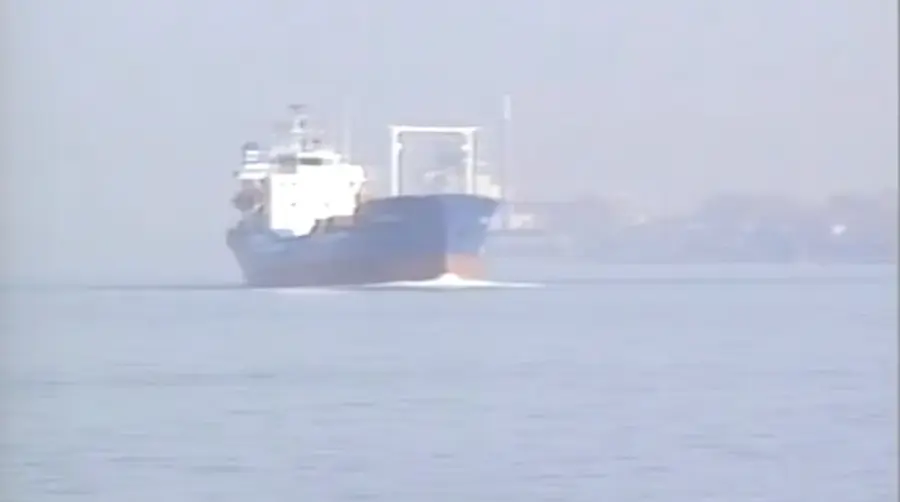Knowing how parts of nature interact in time and space is critical to our understanding of sustainability. Ecologist Tim Ehlinger looks at our interaction with the land from our first arrival on the continent: trapping, logging, farming, industrialization, urbanization, and suburbia. Through demonstrations he traces human behavior and how it has, and continues, to modify our environment. He builds a “beaver dam” and has “rain” fall on a farmyard and an urban development to show the enormous difference in rainwater retention. Meeting our needs without jeopardizing those of future generations is the theme throughout this look at sustainability.


